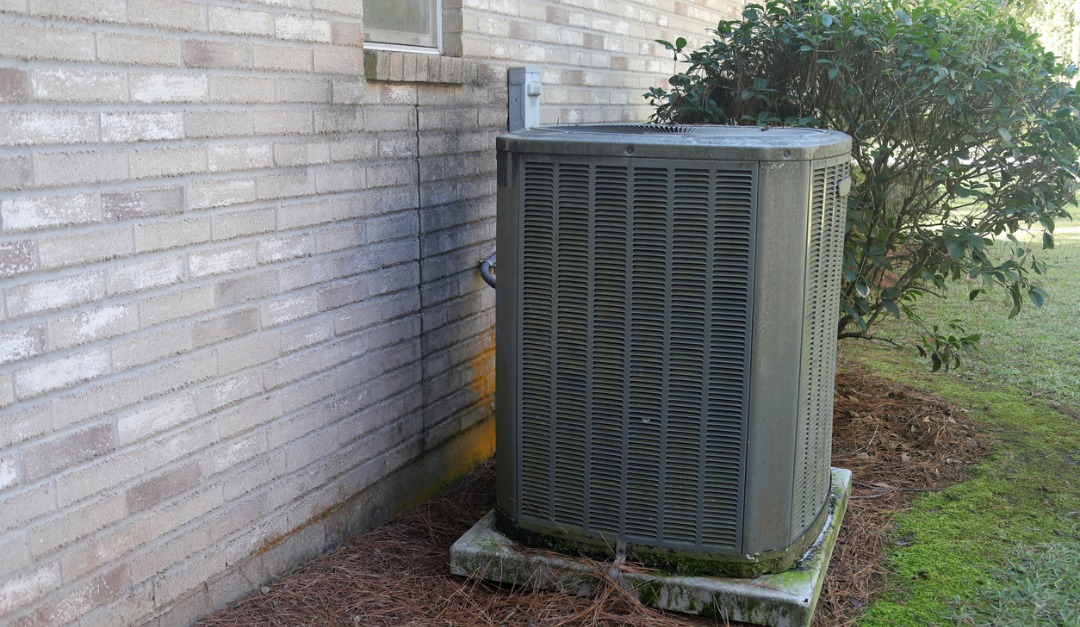If you’ve recently encountered problems with heating or cooling your home, you might be wondering whether your HVAC unit needs to be replaced or repaired. By asking yourself the following questions, you will be able to gain some insight into whether you’ll be shopping for a repair service or a new unit.
How old is my HVAC unit?
Most HVAC units have a lifespan of 10 to 15 years. Although they can last longer than 15 years with exceptional care, most furnaces get consistent use throughout the winter months, and this can wear down the unit more easily. If your HVAC unit is over 15 years old, it may be time to consider searching for a replacement unit. If your unit is newer than that, you may just be looking at repairs.
Have my bills been increasing?
While checking bills is no one’s favourite thing, it might be able to tell you whether your HVAC unit needs to be replaced or simply repaired. If you find that your utilities have been rising consistently over the months, this can be a sign that your unit is losing its efficiency and it may be time to invest in a new one. Considering the energy-saving models that are now available, replacing may be a wiser decision than hoping for the best with another repair attempt.
How often has it been repaired?
If your unit has undergone multiple repairs within the past year or two, it might be time to consider a replacement. Frequent repairs can be a sign that the unit is beginning to fail overall, and while it may seem like the cheaper option to just repair, recurring maintenance costs begin to add up. If the total of the combined repairs over the past few years is a significant amount, your money might be better spent with a replacement.
Are there irregularities with my unit like noises or cracks?
Have you started to hear noises from your HVAC unit that you haven’t heard before? Or are you seeing cracks or rust form? Noises such as popping or banging indicate that the parts are beginning to wear, and physical problems like rust can be caused by a leak. These problems happen more frequently with older units and can be a sign that a replacement will be needed soon.










